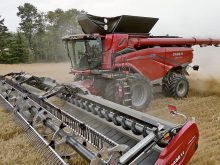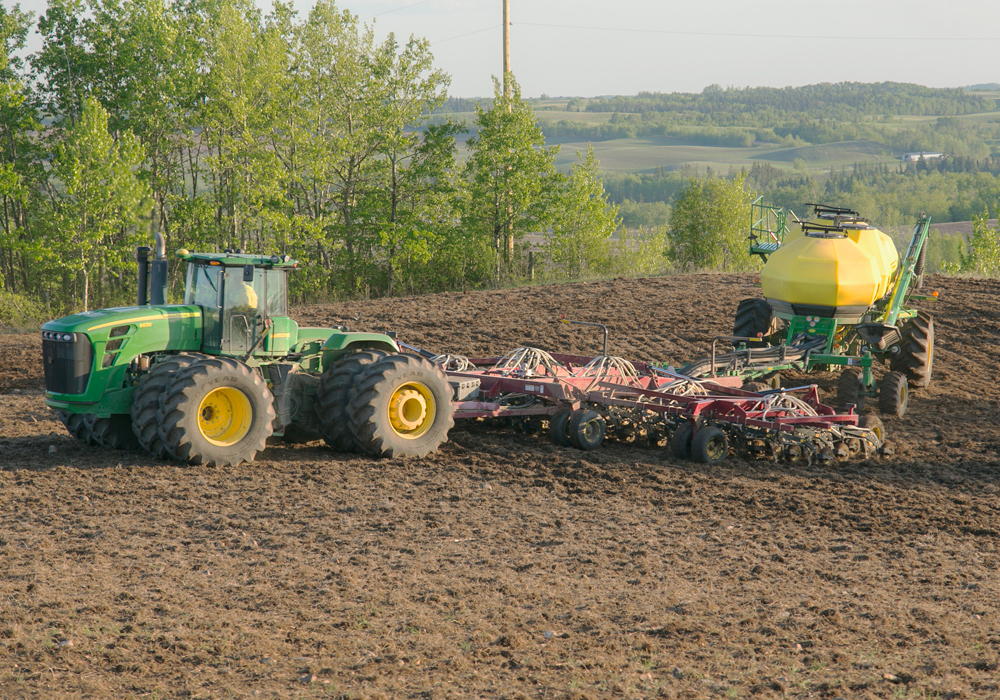Farmers unable to seed but relying on this year’s crop to make payments should plan to sit down soon with their lenders.The full effect of this spring’s excessive moisture in parts of the Prairies is not yet known, but some farmers have run out of time to plant and beat the fall frost.Lenders say they expect to know within the next week just how their clients are faring and what kind of help they might need.“We’re definitely chatting with them and staying in touch and checking in to see how they’re making out,” said Michael Hoffort, Prairie area vice-president of Farm Credit Canada.Ross Purdy, BMO’s senior manager of agriculture, said last week he suspects many farmers are hoping to plant barley rather than nothing at all.In case farmers don’t get enough crop in the ground, financial institutions are willing to work with their clients to help them deal with declining cash flow.“It’s very much a case-by-case basis,” Hoffort said. “Some producers might be able to not seed everything that they intend to and still be in quite a good position to proceed the following year and some might need a bit more … restructuring.”That could include moving a payment to the back of a loan or deferring principal payments, he said.FCC does not provide traditional operating loans but does have input financing loans with agri-retailer partners.Hoffort said the company offers customer support in areas affected by flood or drought.“We will notify all our customers in an area that we recognize that there is a very serious situation in their area that has taken place and we are open to sit down with them and we could look at different things,” he explained.FCC did this last year in drought regions of western Saskatchewan and Alberta.Purdy said each farmer has to look at working capital needs and calculate how much he needs to operate the farm between now and a crop harvested and sold in 2011. Some might be able to borrow money and, in combination with principal deferments, make it through next year, although that would be difficult, he said.A term loan for working capital is also possible.“The level that the farm can afford and how long you want to amortize it out would be based on how well the farm has performed in the past and its ability to serve its debt,” Purdy said.“It’s up to all farmers to sit down and figure out what their worse case scenario needs will be.”Some BMO clients may already have an Agri Readiline line of credit, which is not a traditional credit line but a “re-advanceable” term loan. As the loan is paid down, the client can borrow back the amount that was repaid.“It’s ideal for situations in agriculture where you get fluctuations in income streams due to prices or production risk,” Purdy said.Farmers can also sell non-productive assets or acquire investors to get some cash flow.
Read Also

Powdery mildew can be combine fire risk
Dust from powdery mildew can cause fires in combines.

















